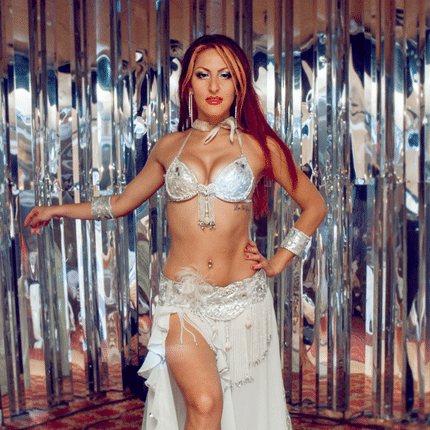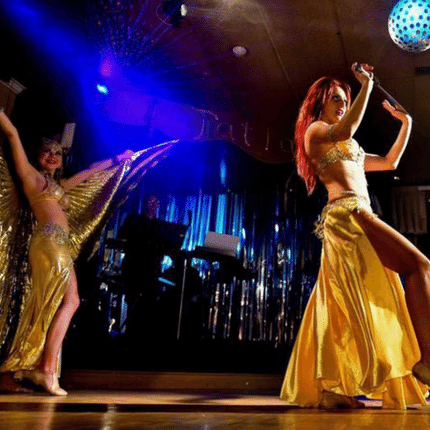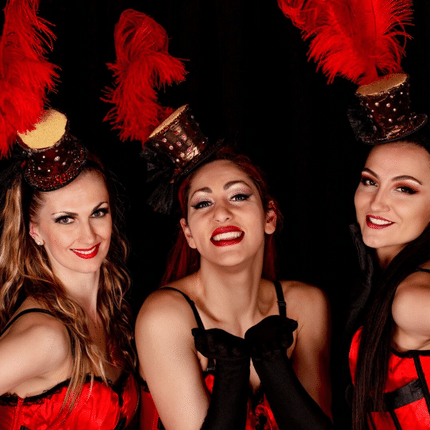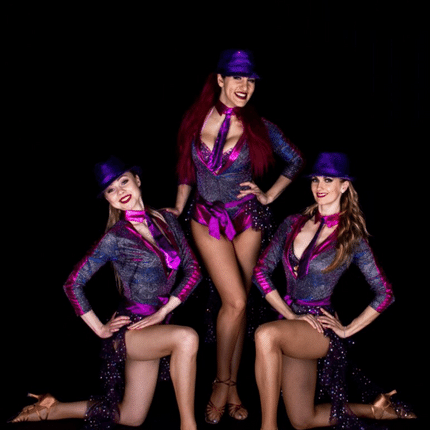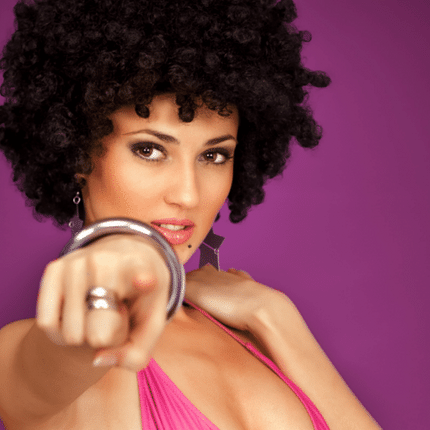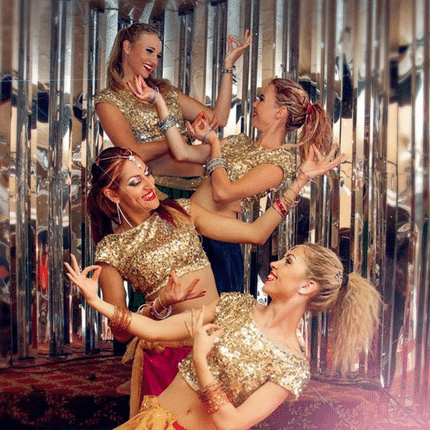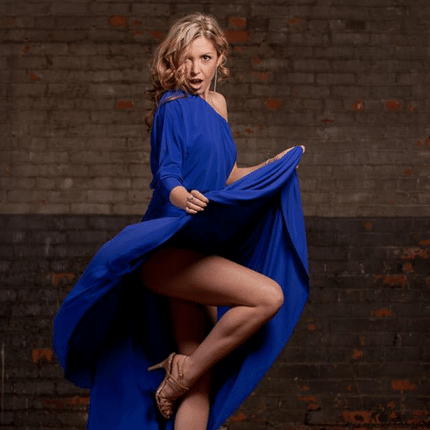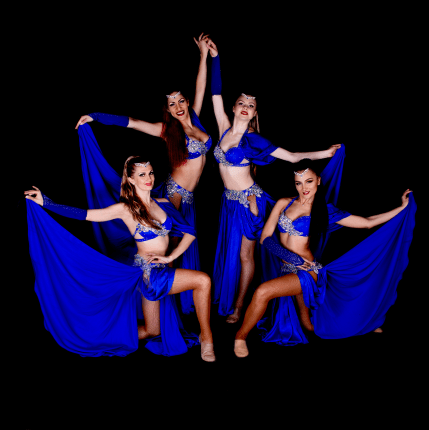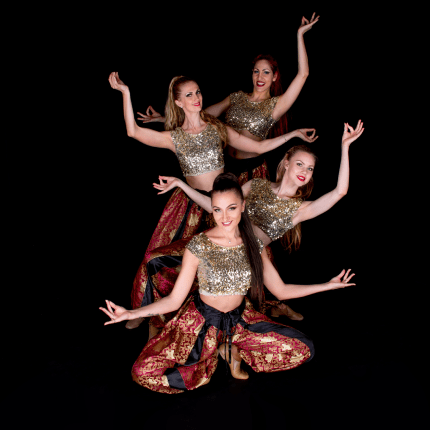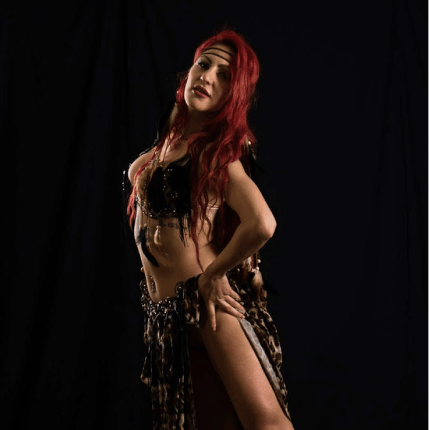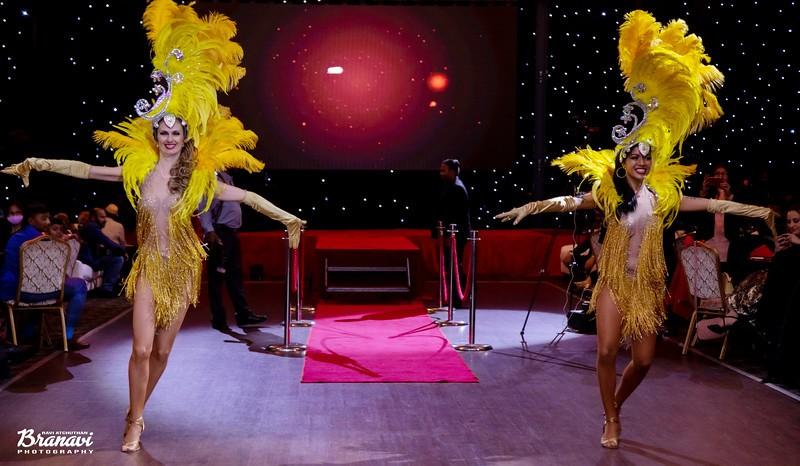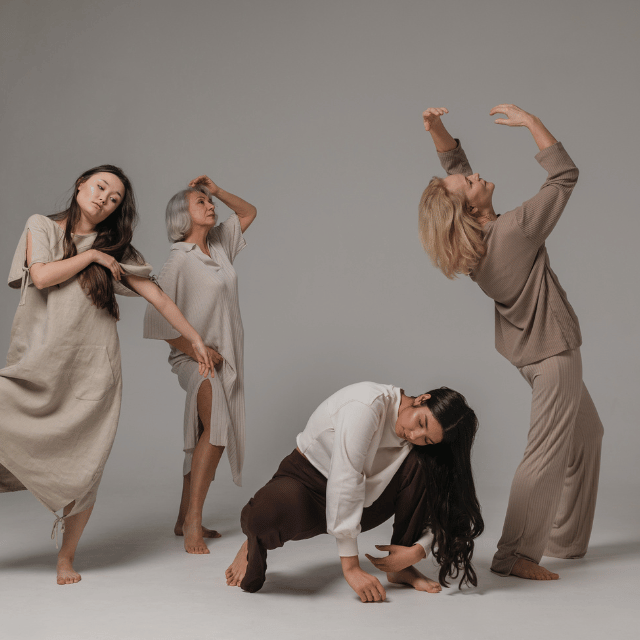Imagine a scenario where an artist is preparing for a performance. Even if they can rehearse for months, you can't control everything that may go wrong. Sometimes nerves can lead to the fact that the dancers simply cannot demonstrate what they are capable of. So, what advice can we give to those who will be hitting the stage soon?

1. Do not be afraid of an audience.
Some dancers freeze when they see the crowd in front of them. Or, to deal with the fear, try not to look at them altogether. Dance is about communication and telling a story, exchange of energy. You can't achieve that by avoiding eye contact. Avoiding eye contact is the worst thing you can do. You need to try to smile and convince the audience of self-confidence.
2. Choreography is above all
A successful dance performance always starts with one thing: outstanding choreography. Even if the performer's technique is flawless and tricks are breathtaking, it will not impress the audience if they look robotic, lifeless or like a training routine. ( remember the storytelling?)
Those who have ever attended ballet theatre performances know how emotional choreography can be. A good choreographer knows how to combine the right music and choreography and adjust them to dancers' abilities. The choreographer must understand the strengths and weaknesses of the performer and be able to highlight strengths while hiding imperfections.
While many performers choreograph their own routines, sometimes, in the beginning, it would be better to pay a professional choreographer to guide you. You can always suggest your desired elements to be included in their routine. A good choreographer will always consider dancers' wishes and add steps or tricks that the dancer performs with particular confidence.
3. Warm-up
Warming up before dancing is essential to prevent injury and also to calm yourself. While you are warming up, get in the zone. Avoid chatting with friends. Try to get in the character. Imagine yourself already on stage and the crowd applauding and cheering for you.
HIRE FEMALE DANCERS: INCREDIBLE ENTERTAINMENT
4. Keep calm
Remember that performance is not everything. Some people seem to perform better than others as they are less nervous on stage.
Most dancers perform at a young age before move on to the world of professional dance. It takes practice. The more you go on stage, the better and more confident you'll become.
A dance performance should be fun. You have to try to relax and just do your best on stage.
5. Practice
Practice really leads to perfection. The hours a dancer spends in the studio practicing the movements will directly impact the performance. The time spent in rehearsals may seem too long, but in the end, the dancer will be grateful for every hour spent in the studio. My ballet teacher used to say, 100% danced in-studio will only show 70% on stage.
6. Use your face
Successful dancers love to dance, and you can see it in their faces. If a person really loves to dance, it will be evident to the audience thanks to the emotions on the face. You just need to relax and let "the face tell the story that the body plays." But practice that in front of the mirror. And make sure it's age-appropriate. There is nothing more disturbing than having a child making a sexy face.


